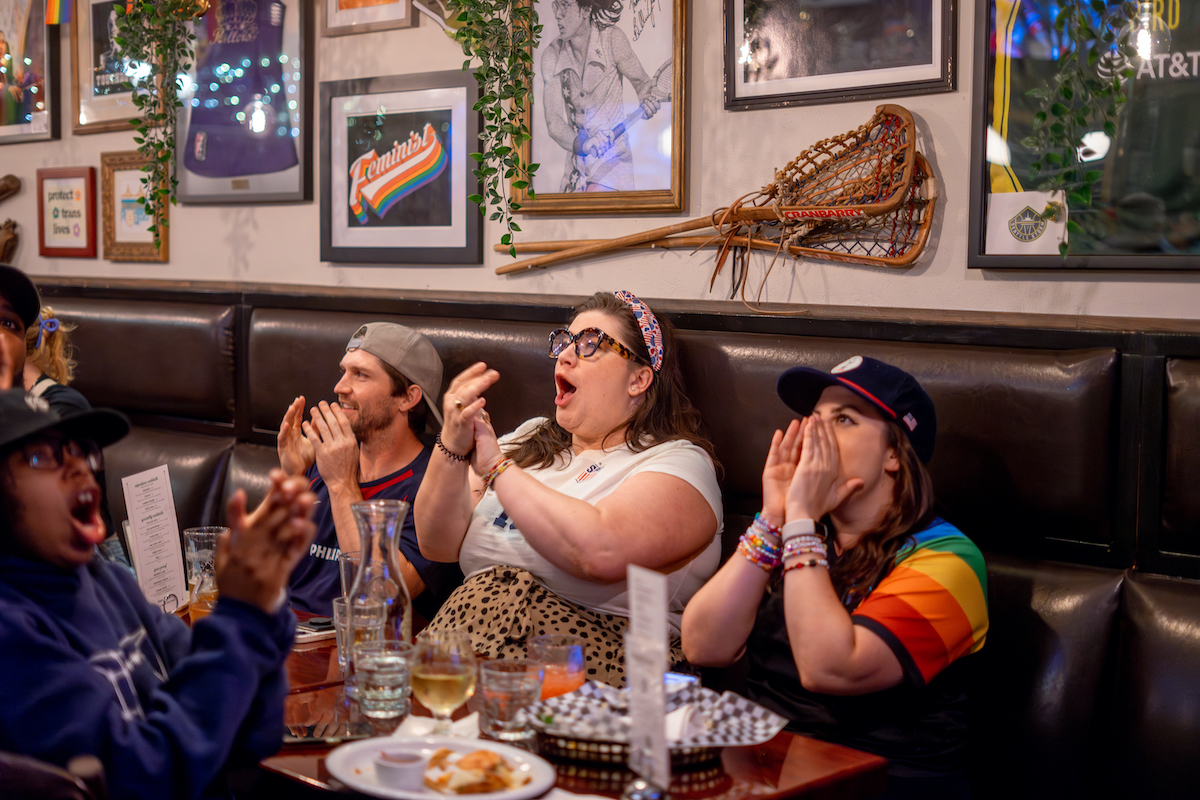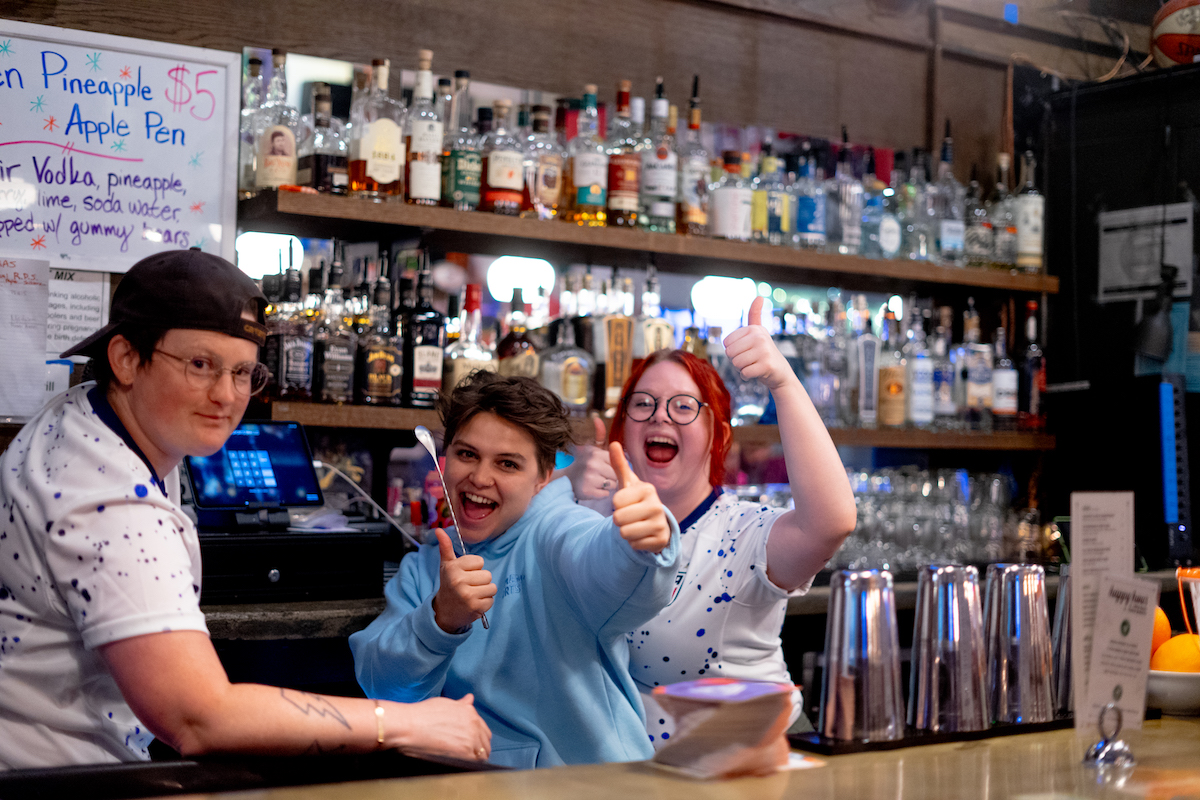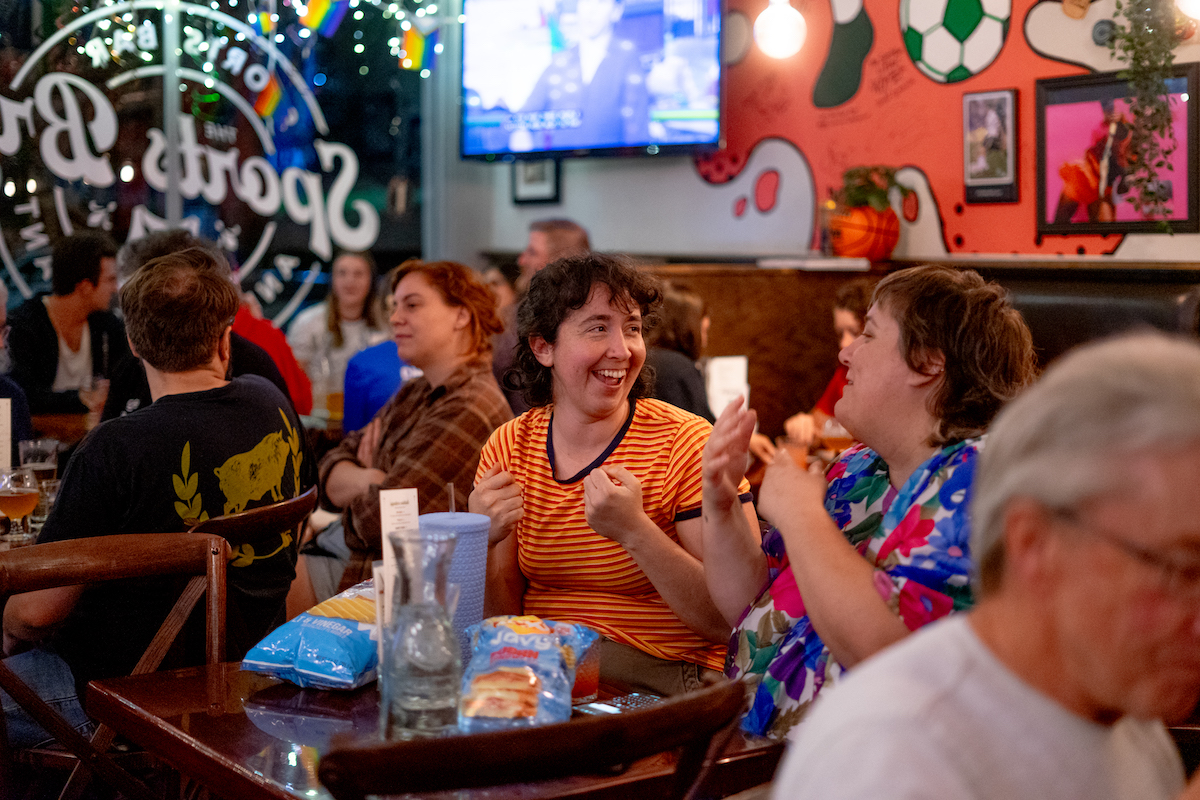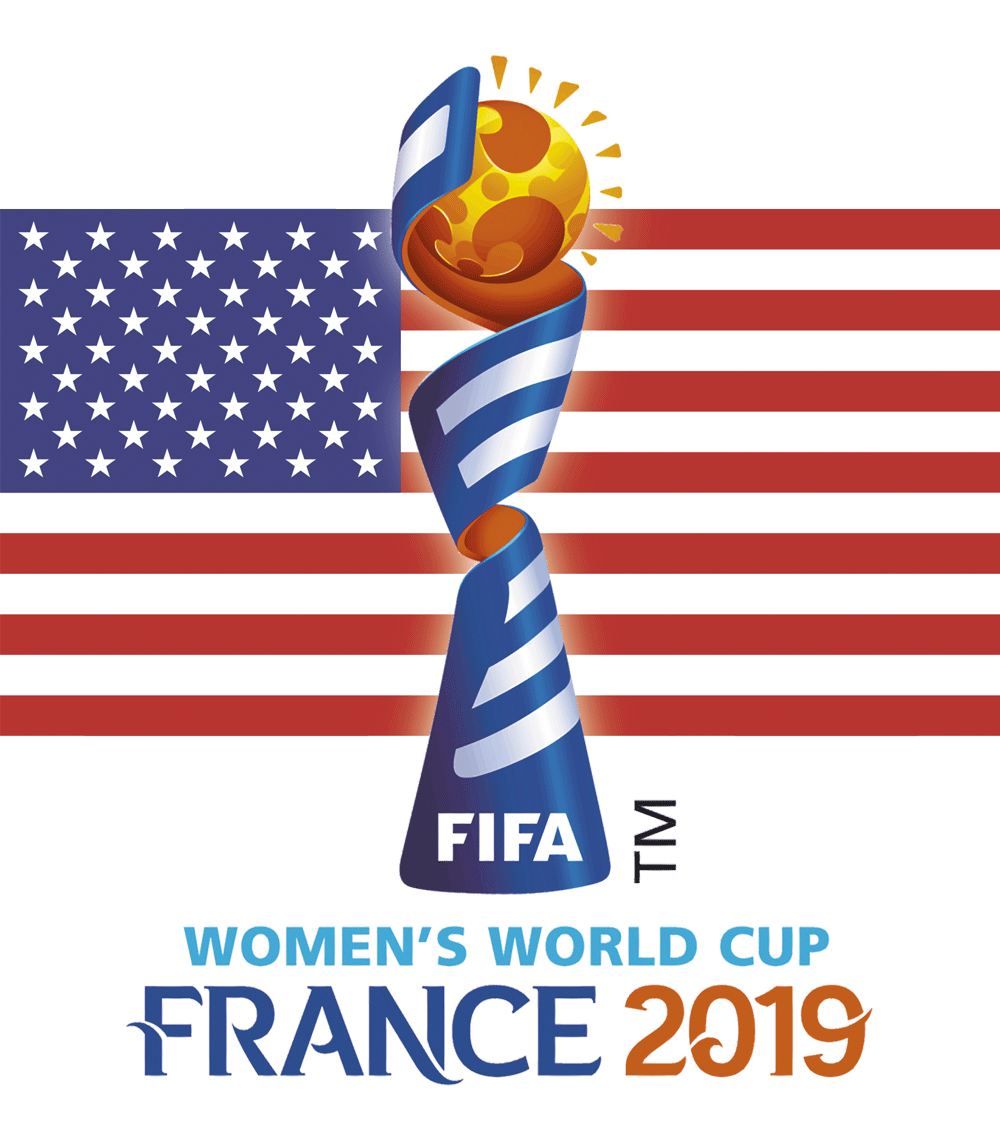The FIFA Women’s World Cup not only showcases the talent and skills of women athletes on a global scale, but has been able to transcend its role as a mere sports tournament by emerging as a powerful platform for promoting and empowering women in sports—igniting a sense of unity and community.
As the clock struck midnight on Monday, July 31, Portland State Vanguard joined fans gathered at the Sports Bra to witness the United States women’s national team square up against Portugal.
The Sports Bra—located at 2512 NE Broadway—was dubbed the first Portland bar dedicated to playing women’s sports and providing a safe space to do so.
In April of 2022, queer chef Jenny Nguyen opened the doors of this revolutionary bar which used to be the butt of jokes in conversations with friends. A little over a year later, they are selling out viewing parties of sporting events—such as the Women’s World Cup—within 20 minutes of releasing tickets.
“Seeing women come together to support and celebrate women’s sports gives you a sense of empowerment,” said patron Stephanie Pagan. “It’s very exciting because I grew up here only watching men’s sports. It’s about time to have bars filled with women watching sports, and we need more bars to play for women’s sports too.” The tournament represents a pivotal moment, driving demand for greater representation and recognition of women in sports.
Sports have long been recognized as a transformative force, capable of empowering individuals regardless of gender, race or background. Ryan Fitzgerald—a bar patron and soccer enthusiast—shared his experience and emphasized the impact of witnessing women athletes on the global stage. “It’s nice because you come here, you get the atmosphere, you get the people that you want to be around,” Fitzgerald said. “So you get great energy. Everybody’s happy to be here. It’s just a nice vibe.”
At the Sports Bra, patrons witnessed women breaking down barriers and overcoming societal expectations, dispelling age-old stereotypes about gender and sports. This empowered display of strength resonated with the audience—particularly women—who find inspiration and motivation to chase their dreams on and off the field.
The Women’s World Cup serves as a catalyst for breaking down gender-related barriers in sports. Kate Flowers—another bar-goer—spoke about the significance of having a dedicated space for women’s sports. “This is exactly what we need,” Flowers said. “We are heading towards the apex of popularity, and to have a space where you can celebrate that—this is where you catch that movement.” She went on to highlight the importance of representation and the joy of watching women’s sports without facing challenges or judgment.

At the bar, discussions about female athletes’ accomplishments often lead to in-depth conversations about gender equality and providing equitable opportunities to all individuals. As barriers crumble and perceptions change, society can move closer to an even more inclusive and progressive future.
The tournament created an atmosphere of inclusivity, where fans bonded over shared emotions, irrespective of their differences. Strangers became friends, and barriers which might have otherwise existed started to dissolve—all in the name of sports.
As viewers witnessed women athletes’ skill, dedication and determination, they developed a more profound sense of empathy and understanding. This newfound understanding sparks conversations about the need for equal opportunities, fair treatment and recognition of women’s achievements in all spheres of life.
“You know, a lot of people always watch male-dominated sports, but coming here, it’s so comfortable,” said Malcolm Hayes, another patron. “I love women’s soccer and love to watch it. And I love seeing all of my friends and family be represented and be in a space where they feel heard and personable.”
In this way, the Women’s World Cup becomes more than just a sporting event. It drives societal change and fosters a more compassionate world.
Representation matters, especially in sports. The Women’s World Cup not only showcases female athletes’ abilities, but also serves as an inspiration for young girls and women worldwide. When young girls see their role models succeeding on the global stage, they become motivated to pursue their dreams, no matter how ambitious they seem.
For Moe Brown, being able to witness a non-binary athlete on the world’s stage brought them pride. “I’m excited to watch the U.S. play, of course,” they said. “But I’m sad that Canada didn’t make it [further], because they have the first non-binary player—Quinn—on their team. It’s always good to see that representation and for the younger generation to see it.”
At the bar, patrons witnessed this powerful impact firsthand. In the community, they observed young girls’ eyes light up with hope and excitement, realizing that they could achieve greatness and break through the societal barriers placed before them.
The Women’s World Cup is a testament to the transformative power of sports, highlighting the immense potential they have to uplift, empower and unite individuals across the globe. Whether at the bar or beyond, let us continue celebrating and supporting women athletes as they inspire us all to reach for greatness.





